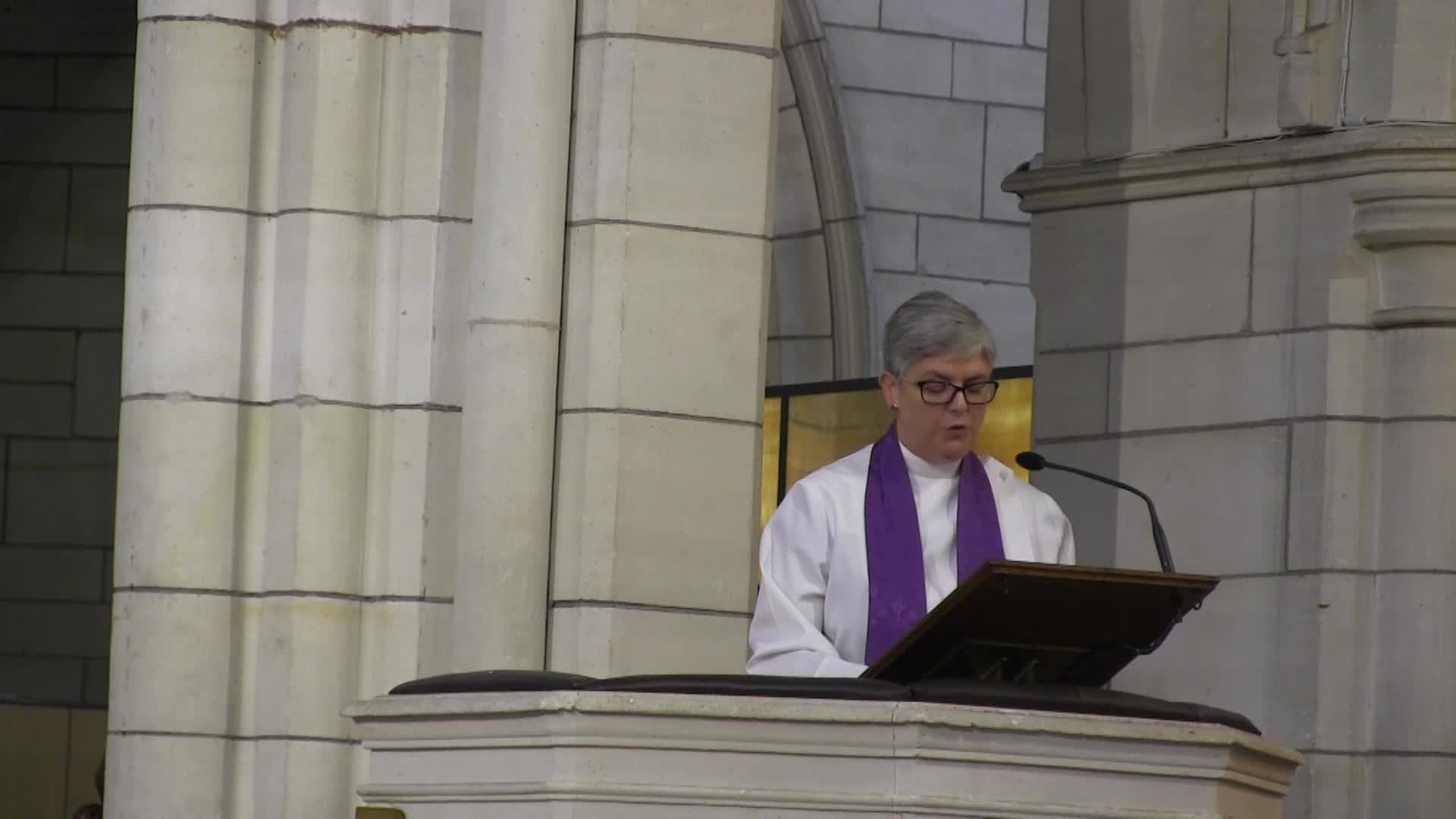
Home
Learning
In days to come
Cate Thorn introduces us to the prophet Isaiah


The Great O Antiphons: O Emmanuel, O Virgo Virginum
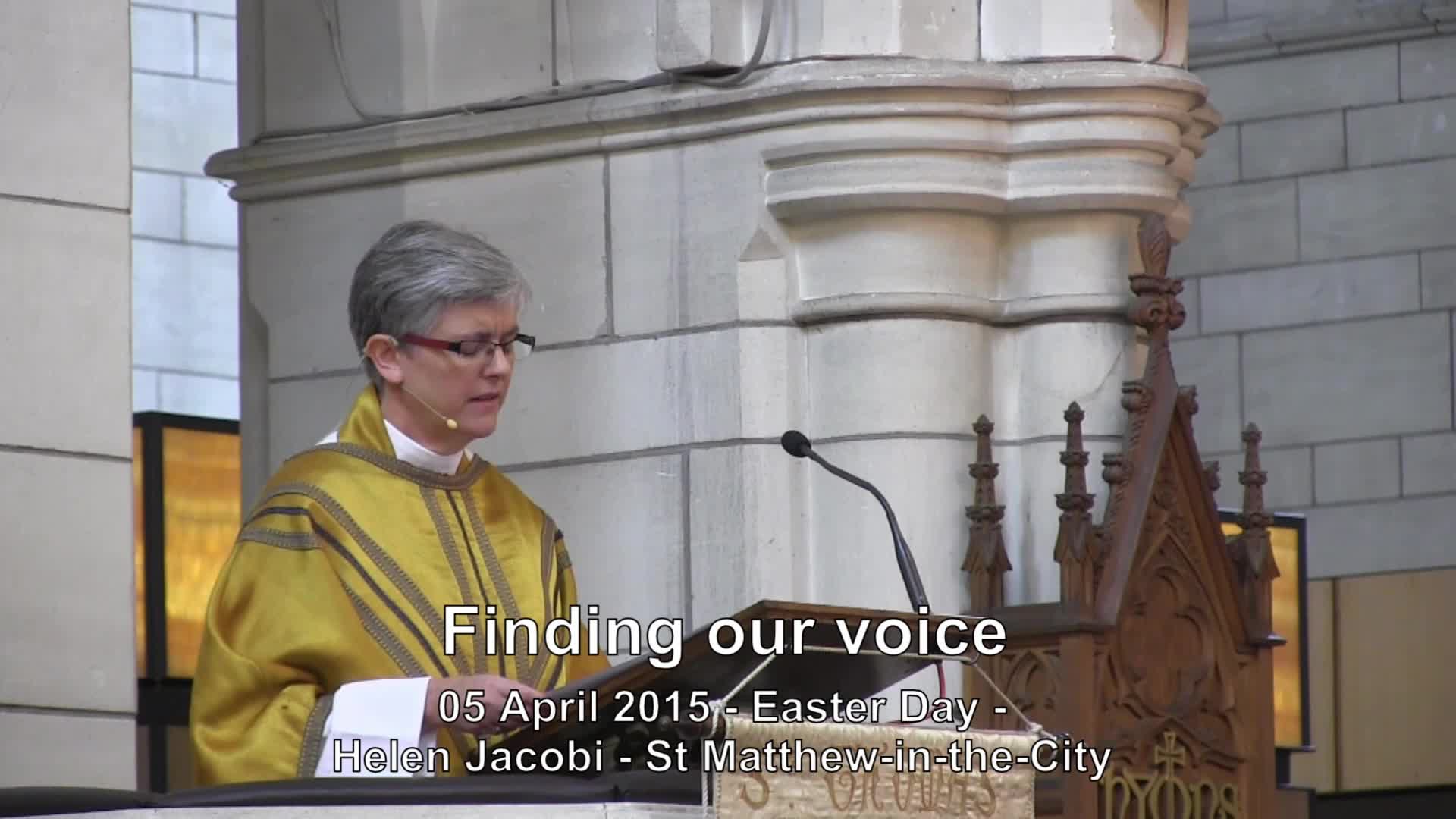
Finding our voice
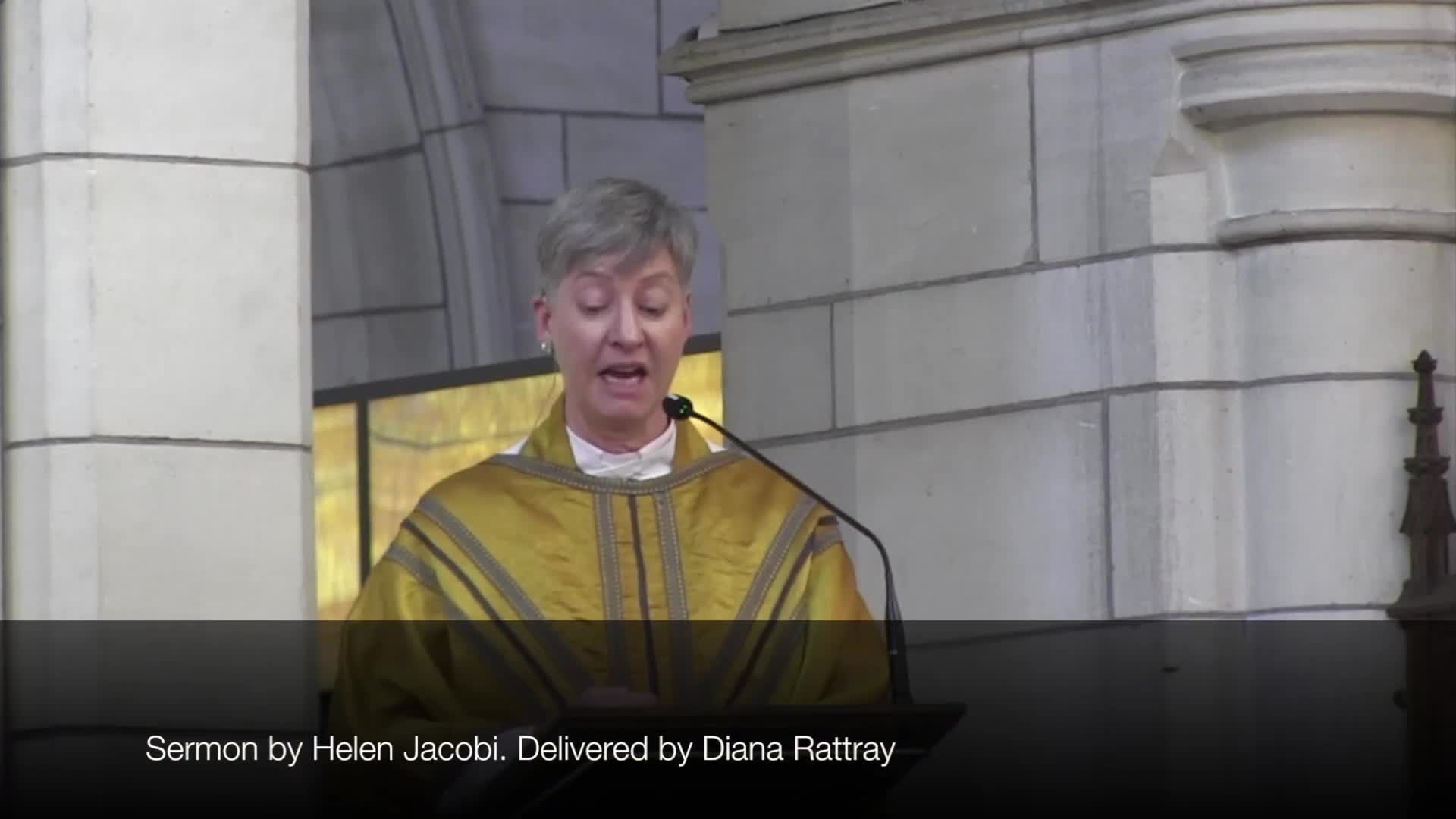
St Thomas and the Way

Acting on Climate Change
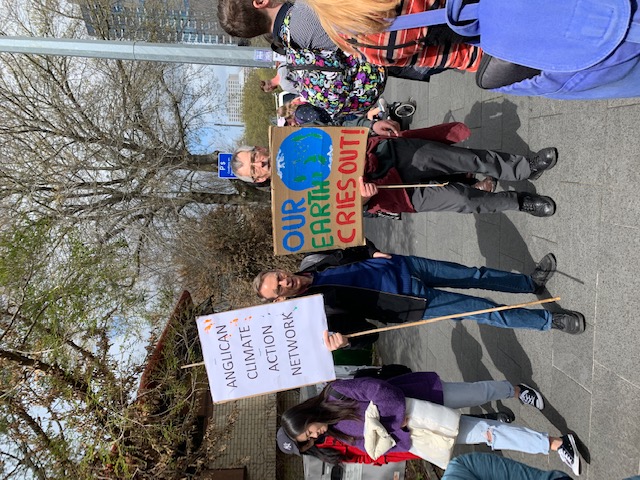
Climate Crisis Statement
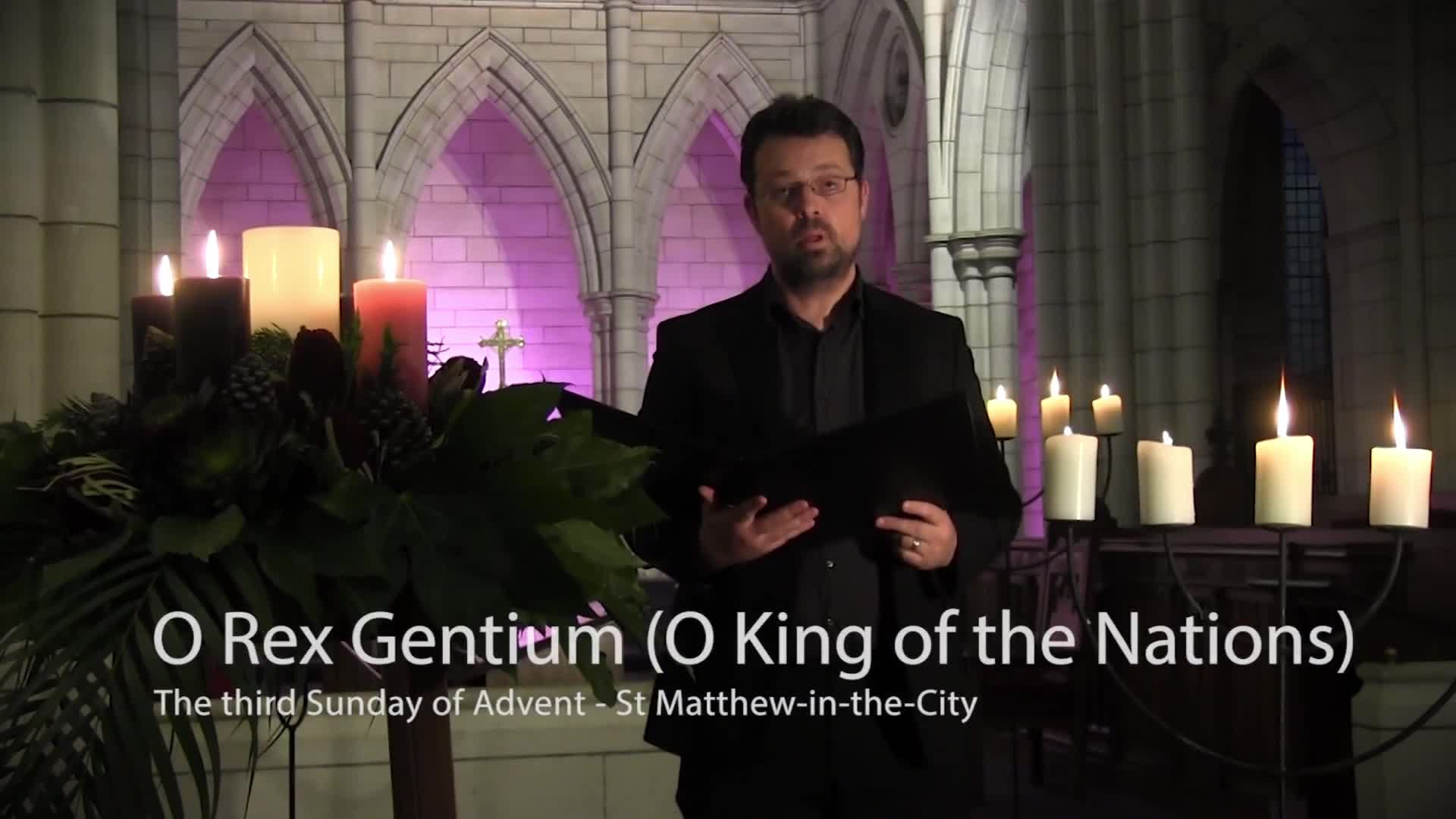
The Great O Antiphons: O Oriens, O Rex Gentium

The Grand Piano
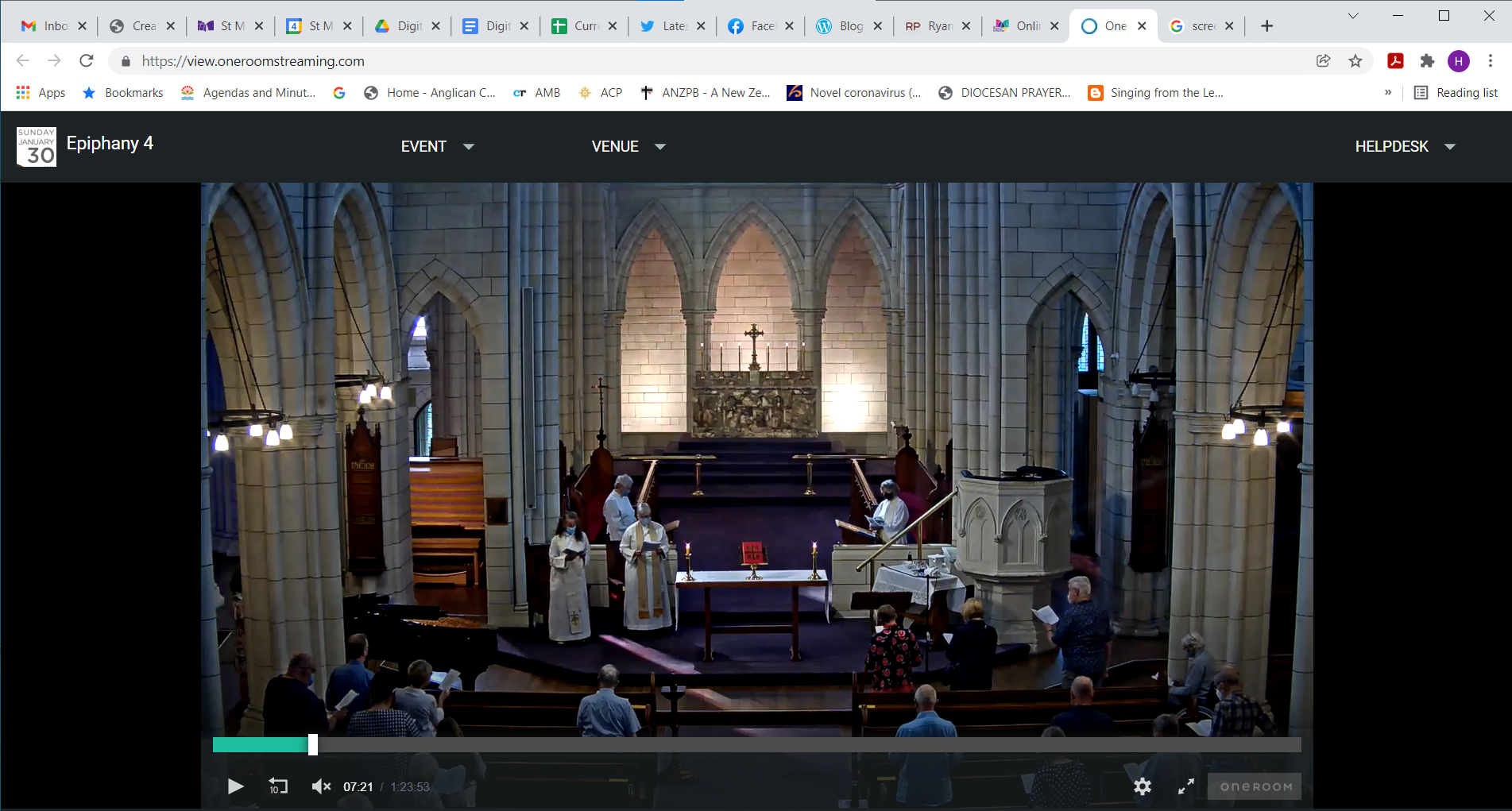
Hybrid worship
